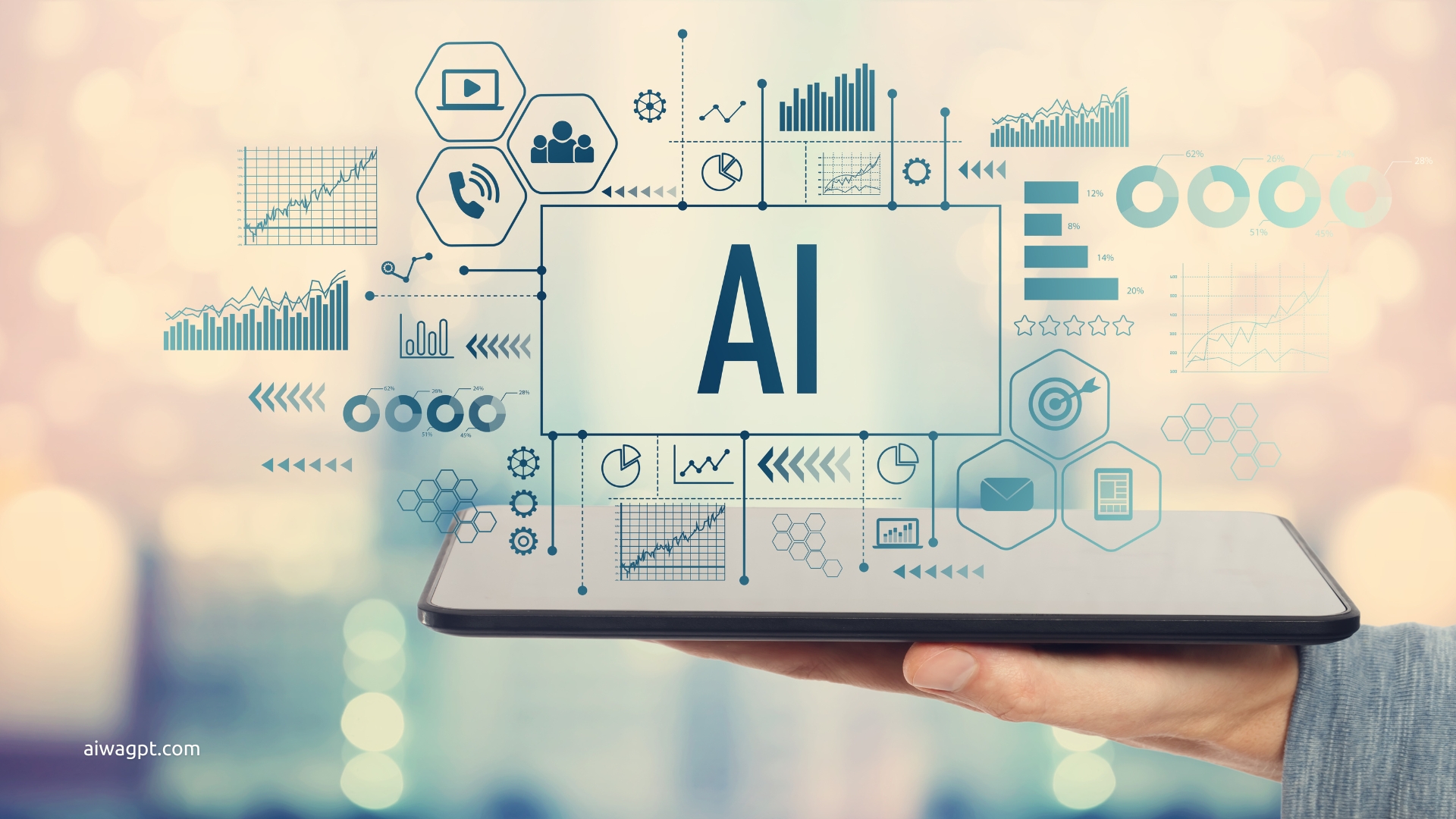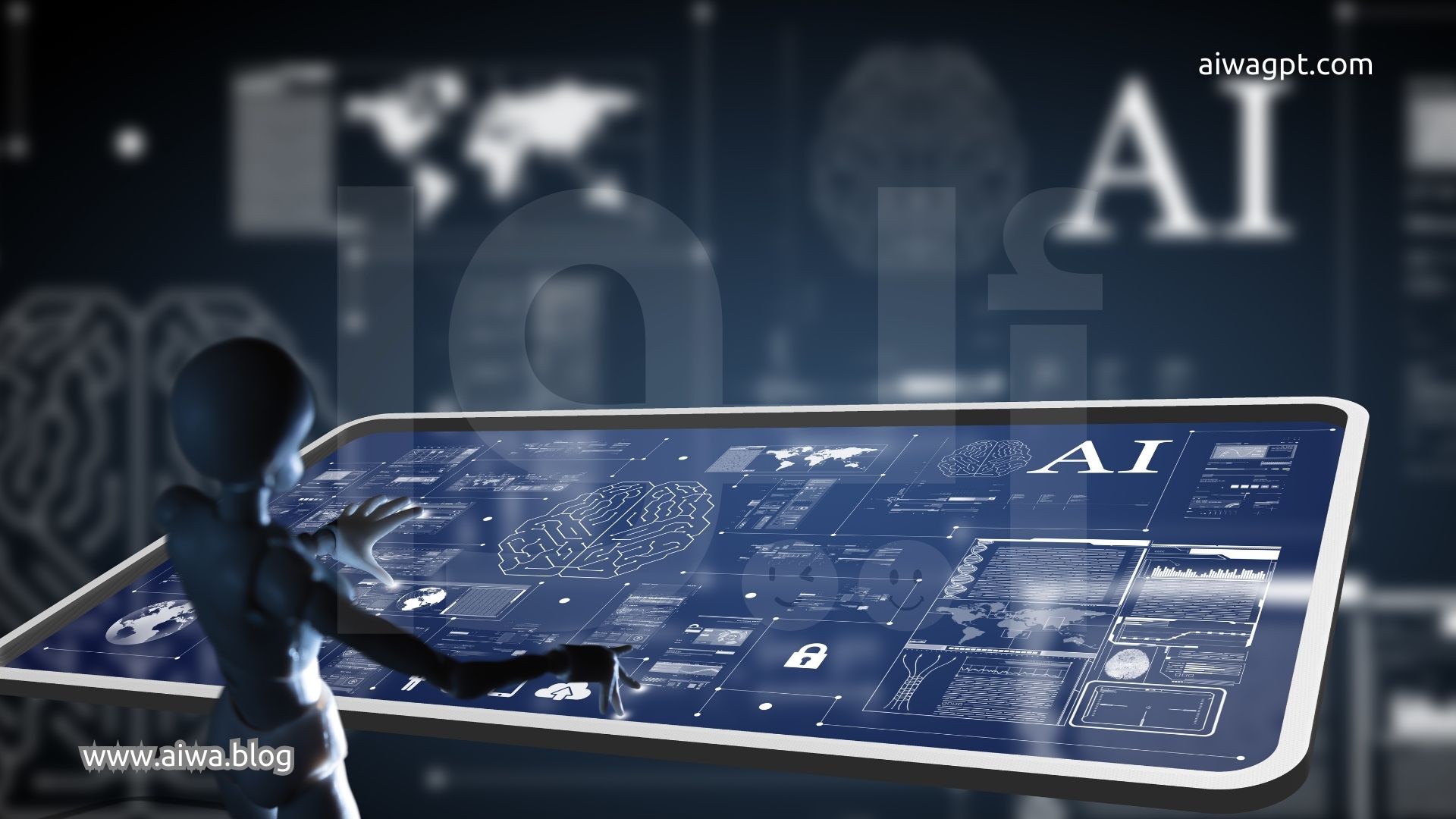In the ever-accelerating landscape of technological advancements, the debate about the role of manual coding is gaining momentum. With the rapid strides made in artificial intelligence (AI) and automation, the question looms: Will manual coding become obsolete in the next five years? This blog navigates through this intriguing inquiry, exploring the factors reshaping the coding landscape and contemplating the possibilities that lie ahead.
In the dynamic realm of technology, where change is the only constant, the evolution of coding practices stands as a testament to the relentless pursuit of efficiency and innovation. As the world hurtles forward, propelled by the forces of automation and artificial intelligence (AI), a tantalizing question emerges on the horizon: Will manual coding, the very cornerstone of software development, become obsolete within the next five years? This inquiry is not just an academic musing; it's a reflection of the seismic shifts underway in the coding landscape.
The march of progress is undeniable. The once-mundane process of writing lines of code has been increasingly augmented by AI-powered tools, intuitive platforms, and predictive algorithms that challenge the traditional paradigms of software creation. The rise of low-code and no-code platforms, capable of transforming non-developers into creators, is emblematic of this shift. Meanwhile, the emergence of AI-driven code generators, with their ability to discern patterns, predict outcomes, and craft intricate code snippets, raises the tantalizing prospect of a future where coding is as much about collaboration with intelligent algorithms as it is about human craftsmanship.
The Rise of Automated Development Tools
The emergence of sophisticated automated development tools has redefined the coding process. These tools leverage AI to analyze requirements, design architectures, and even generate code snippets autonomously. As they become more intelligent and adaptive, developers find themselves relying on these tools to expedite routine coding tasks and focus on higher-level design and creativity.
Low-Code and No-Code Revolution
Low-code and no-code platforms are ushering in a new era of democratized software development. These platforms enable individuals with minimal coding expertise to create applications by dragging and dropping pre-built components. As these platforms evolve, more complex applications can be developed without delving into the intricacies of manual coding, making software development accessible to a broader audience.
AI-Powered Code Generators
Generative AI, with its ability to comprehend coding patterns and generate code snippets, is transforming the coding landscape. Advanced AI models can produce code that aligns with desired functionalities, minimizing the need for manual coding from scratch. This paves the way for faster development cycles and more efficient resource allocation.
The rise of AI-powered code generators marks a significant inflection point in the trajectory of coding. Imagine a tool that comprehends coding languages, algorithms, and even design principles, all encapsulated in lines of elegant code. AI-driven code generators are making this vision a reality.
These generators, nurtured by vast repositories of code and powered by advanced machine learning algorithms, possess the ability to synthesize complex code snippets that align with desired functionalities. The implications of this innovation are profound. Manual coding, which often demands hours of meticulous attention, can be accelerated through AI-generated code. This translates into faster development cycles, shorter time-to-market, and the agility to respond to dynamic market demands.
Moreover, AI-powered code generators transcend the bounds of routine coding tasks. They are not confined to merely reproducing patterns but can conceptualize novel solutions based on their understanding of coding paradigms. Developers collaborating with these tools can unlock uncharted avenues of creativity, experimenting with innovative features and functionalities that might have remained undiscovered through manual coding alone.
Context-Aware Development Environments
Modern development environments are becoming increasingly context-aware, assisting developers with intelligent suggestions and autocompletion. These environments analyze the existing codebase, the task at hand, and even external resources to provide relevant code snippets and suggestions. This level of assistance blurs the line between manual coding and automated support.
The Evolution of Developer Roles
As coding becomes more automated, the roles of developers are evolving. Developers are no longer just coders; they are becoming architects, problem solvers, and innovators. With routine coding tasks offloaded to automated tools, developers can focus on higher-order activities that require human creativity and critical thinking.
Pros of Automation in Coding:
Increased Efficiency: Automation speeds up the development process.
Reduced Human Error: Automated tools minimize coding mistakes.
Focus on Creativity: Developers can channel energy into innovative tasks.
Accessibility: Low-code platforms empower non-developers to create software.
Faster Iteration: Code generators accelerate prototype and testing cycles.
Cons of Automation in Coding:
Learning Curve: Developers need to adapt to new tools and paradigms.
Complex Implementations: Automation may struggle with highly specialized tasks.
Dependency Risk: Overreliance on automation might hinder skill development.
Lack of Nuance: Automated tools may lack the intuition and finesse of human coding.
Initial Investment: Adopting new technologies requires time and resources.
Conclusion:
The future of coding appears to be a blend of human ingenuity and automation. While manual coding might not entirely vanish, the trajectory of the next five years points toward a landscape where routine coding tasks are increasingly automated. This transformation holds immense potential, enabling developers to dedicate more time to innovation, problem-solving, and creative design. As we stand at the crossroads of this coding evolution, collaboration between humans and machines is poised to shape a future where efficiency and innovation coexist harmoniously.
========
Get Started For Free No credit card is required.
AiwaGPT Your Best AI Partner, https://aiwagpt.com/signup
#AiwaGPT #GenerativeAI #ContentGeneration #CodeCreation #AIChatbots #TechInnovation #AIRevolution #aicode #aisoftware #aitext #aicontent #aichat #aichatbot #aiimage #chatgpt
_1056.png)


_1063.jpg)
_105660x60.png)
_1058.jpg)

_1059.jpg)

_1255500x270.jpg)
_1250500x270.jpg)
_1331500x270.jpg)
_125560x60.jpg)
_125060x60.jpg)
_133160x60.jpg)
_129860x60.jpg)
Write your comment
Cancel Reply